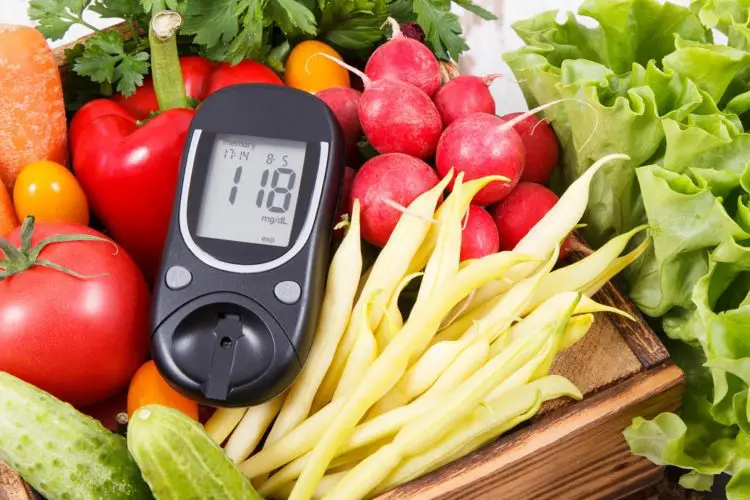糖尿病は、世界中の多くの人々に影響を与える重大な健康問題です. この代謝状態は、血糖値を調節する体の能力を妨げます, 管理せずに放置すると、潜在的な健康問題につながる可能性があります. この慢性疾患を管理するには、健康的な食事とライフスタイルを採用することが重要です, and incorporating the right foods can play a significant role. In this article, we will explore ten foods that have been scientifically proven to offer beneficial effects on type 2 diabetes and blood glucose regulation.
Leafy Greens
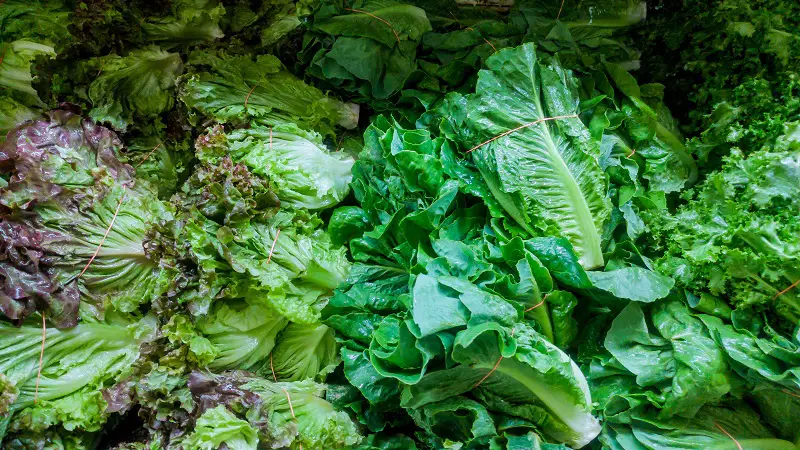
Leafy greens such as kale and spinach are high in fiber and low in carbohydrates, making them an ideal food option for individuals with diabetes. These vegetables are packed with nutrients and have been linked to improved glucose control and a reduced risk of type 2 diabetes.
Berries
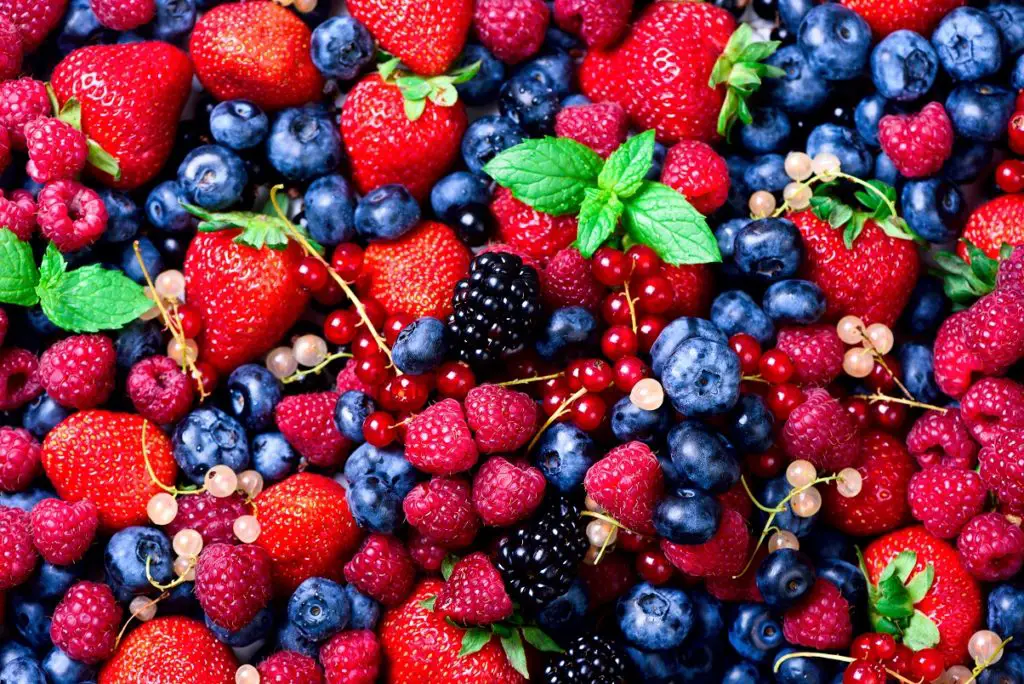
Berries are a rich source of antioxidants and fiber, and low in carbohydrates, offering beneficial effects for individuals with diabetes. A higher consumption of berries has been associated with improved glucose control and a reduced risk of type 2 diabetes.
Avocados
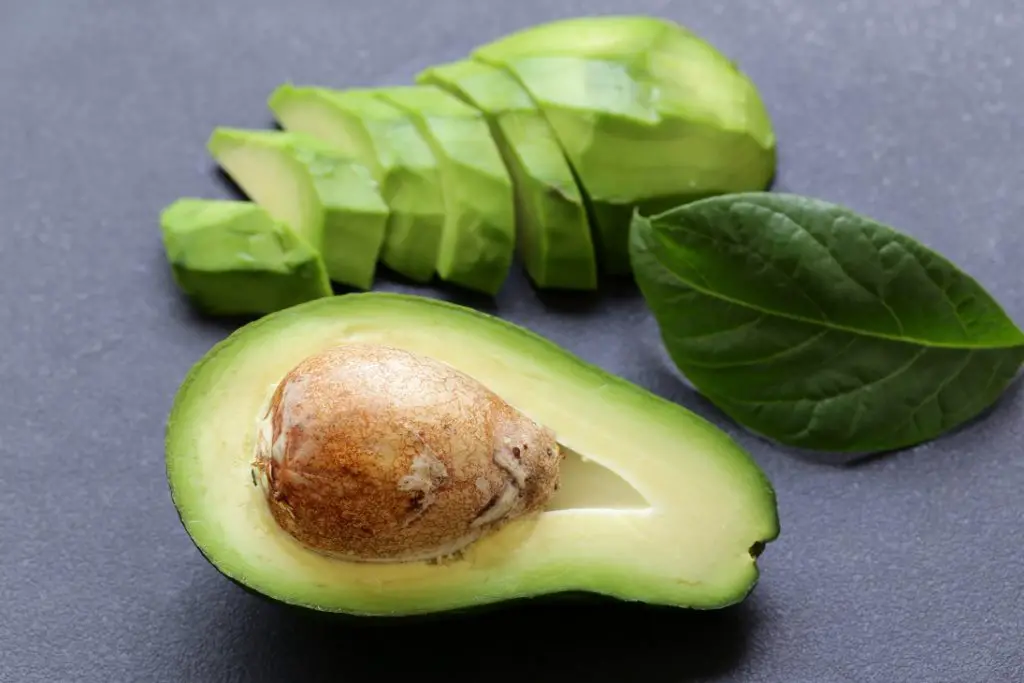
Avocados are high in healthy fats and fiber, making them a valuable food option for individuals with diabetes. Studies have reported that daily avocado consumption can improve lipid profiles and reduce markers of inflammation in overweight and obese individuals, leading to improved glucose control.
Nuts
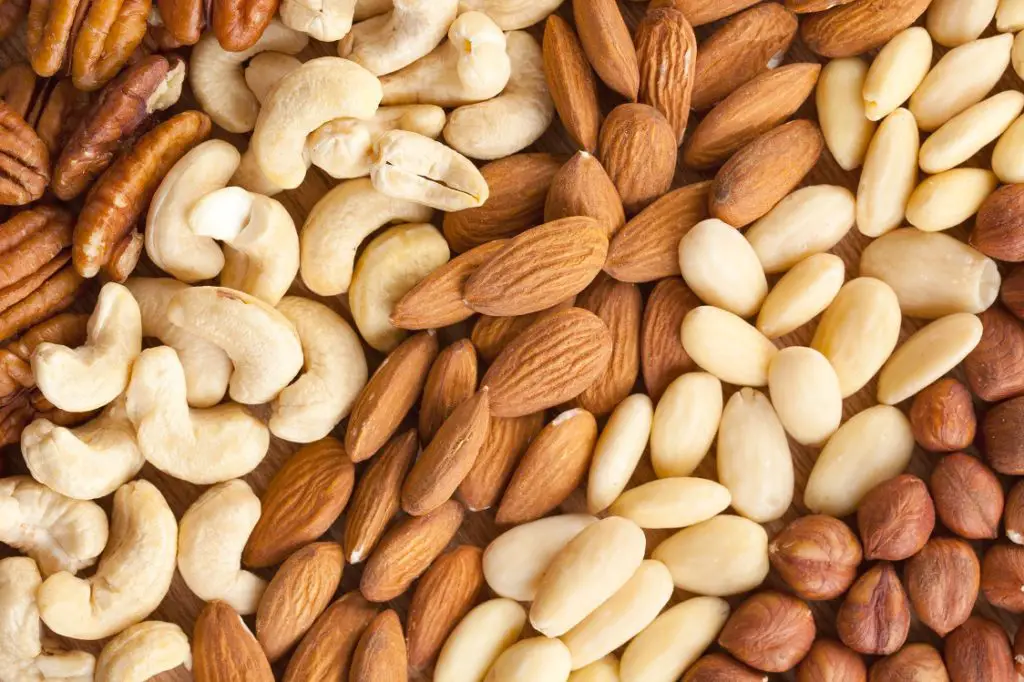
Nuts are a good source of healthy fats, タンパク質, and low in carbohydrates, making them an ideal choice for individuals with diabetes. A higher consumption of nuts has been linked to improved glucose control and a reduced risk of type 2 diabetes.
Fatty Fish
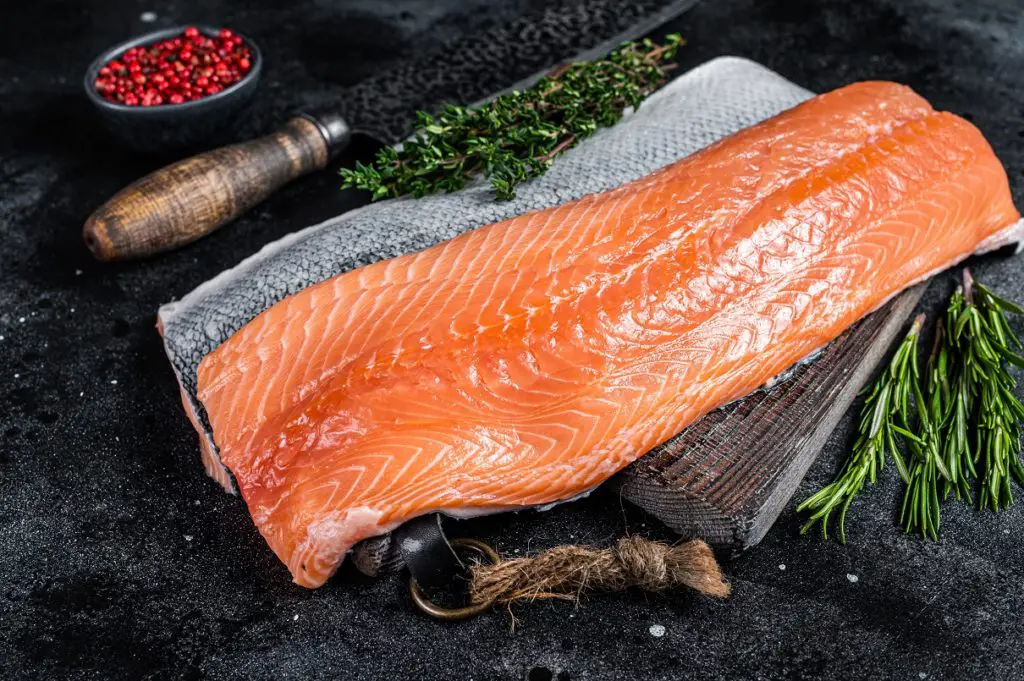
Fatty fish such as salmon, mackerel, and sardines are rich in omega-3 fatty acids, which have been shown to enhance insulin sensitivity. A higher consumption of fatty fish has been associated with improved glucose control and a reduced risk of type 2 diabetes.
Whole Grains
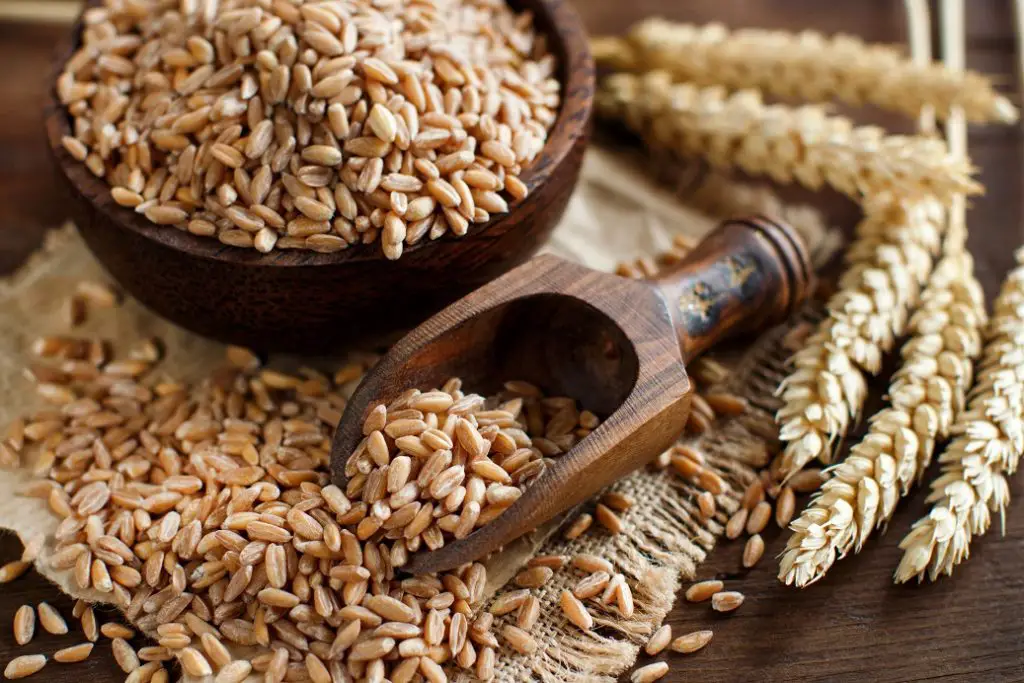
Whole grains are packed with fiber, nutrients, and low in carbohydrates, offering beneficial effects for individuals with diabetes. A higher intake of whole grains has been linked to improved glucose control and a reduced risk of type 2 diabetes.
Legumes
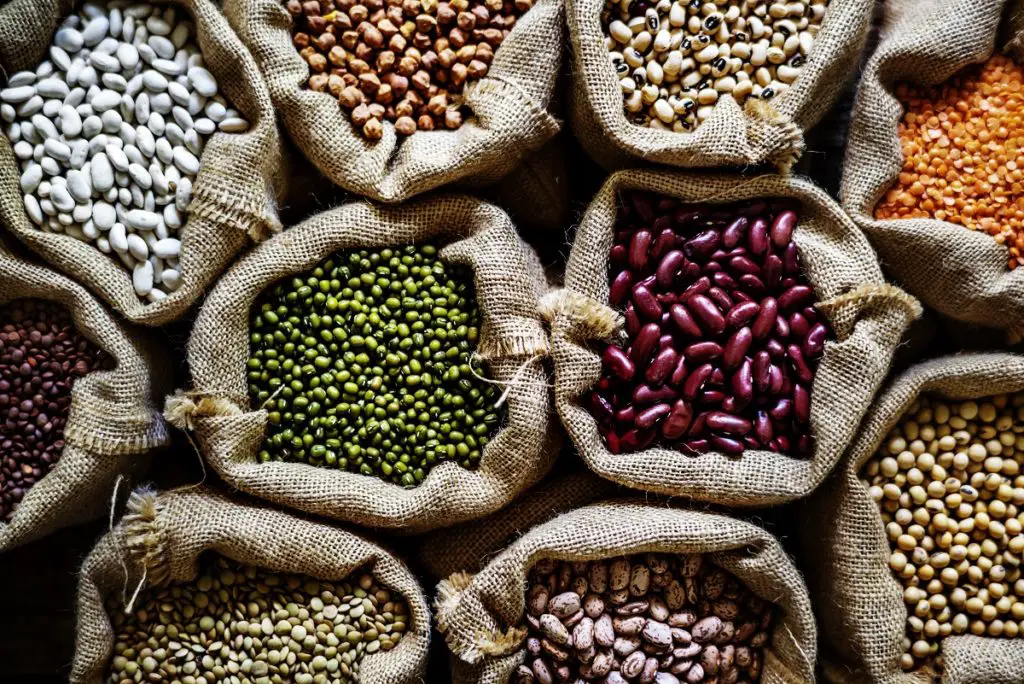
Legumes such as beans, lentils, and chickpeas are high in fiber, タンパク質, and low in carbohydrates, offering beneficial effects for individuals with diabetes. A higher intake of legumes has been linked to improved glucose control and a reduced risk of type 2 diabetes.

Chia Seeds
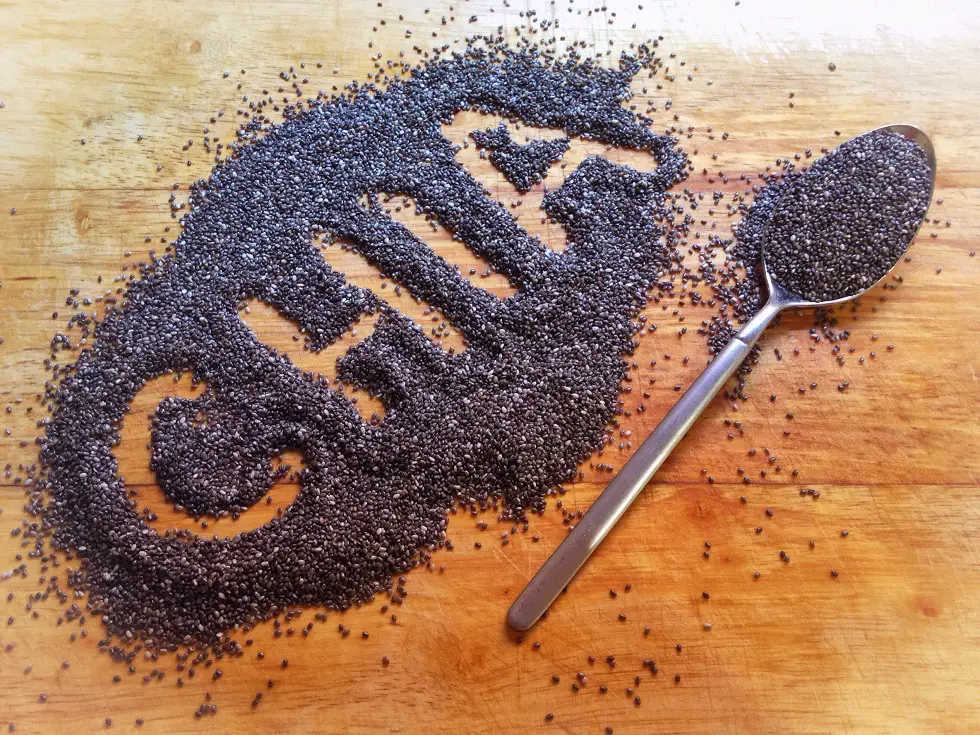
Chia seeds are high in fiber and healthy fats, and low in carbohydrates, offering beneficial effects for individuals with diabetes. Studies have shown that consuming chia seeds can lead to improved glucose and lipid control in individuals with type 2 diabetes.
シナモン
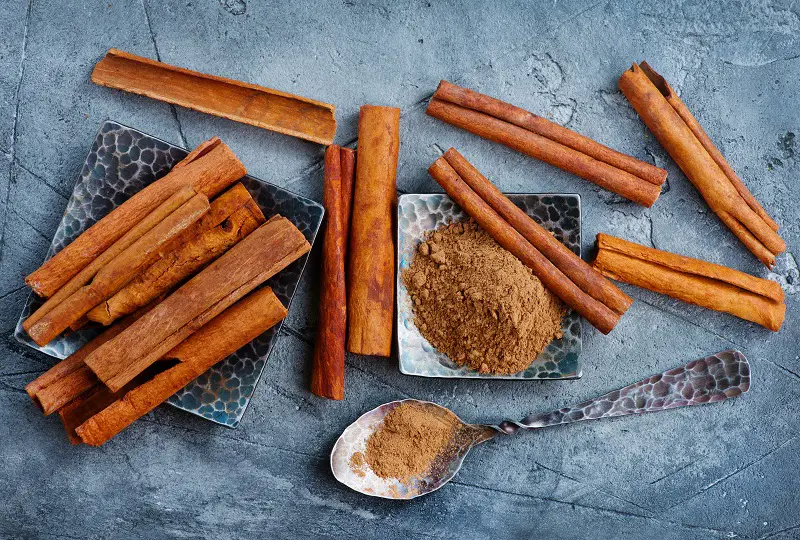
Cinnamon has been scientifically proven to enhance insulin sensitivity and regulate blood glucose levels. A higher consumption of cinnamon has been shown to improve glucose control and lipid regulation in individuals with type 2 diabetes.
Garlic
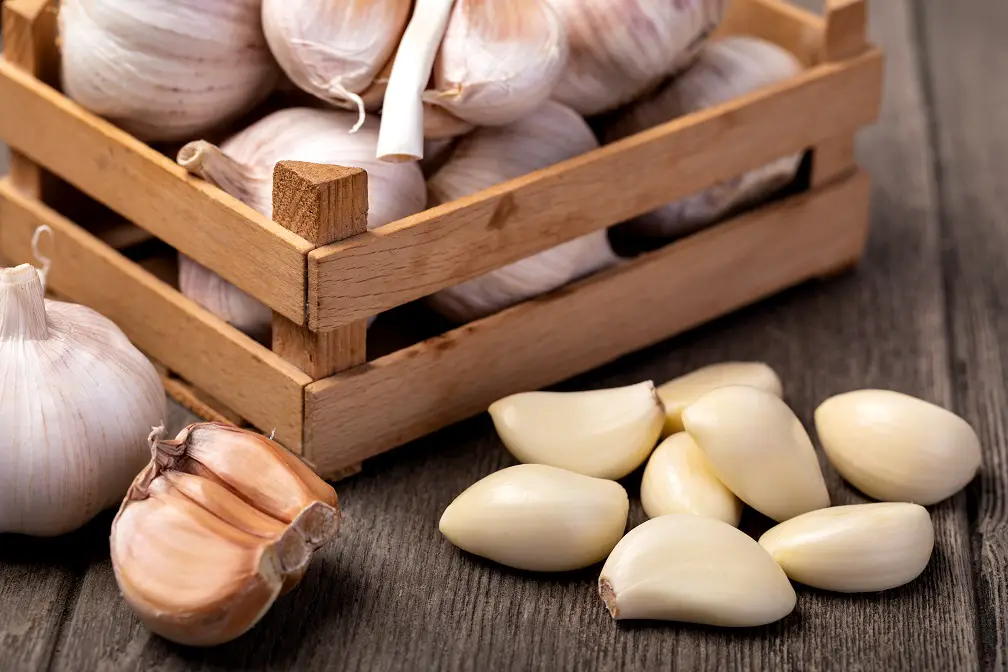
Garlic is a powerful antioxidant that has been linked to improved glucose control and a reduced risk of type 2 diabetes. Incorporating garlic into your diet can provide additional benefits for individuals with diabetes, leading to effective glucose regulation.
In conclusion, incorporating these ten foods into your diet can provide significant benefits for individuals with diabetes. It is important to remember that while these foods may offer beneficial effects, they should not be used as a substitute for professional medical advice and treatment. A balanced and healthy diet combined with regular physical activity and medication, if prescribed, is crucial in managing diabetes effectively.
References:
Leafy Greens:
Mozaffarian, D., Hao, T., Rimm, E. B., Willett, W. C., & Hu, F. B. (2011). Changes in diet and lifestyle and long-term weight gain in women and men. The New England Journal of Medicine, 364(25), 2392-2404.
Berries:
Krikorian, R., Nash, T. A., Shidler, M. D., Shukitt-Hale, B., Joseph, J. A., & Lau, F. ハ. (2010). Blueberry supplementation improves memory in older adults. Journal of Agricultural and Food Chemistry, 58(7), 3996-4000.
Avocados:
Masharani, U., Sterken, M., Schloetter, M., Layman, D. K., Erickson, K. L., & Holick, M. F. (2015). Avocado consumption is associated with better diet quality and nutrient intake, and lower metabolic syndrome risk in US adults: results from the National Health and Nutrition Examination Survey (NHANES) 2001–2008. Nutrition Journal, 14(1), 1-7.
Nuts:
Wu, H., Fang, Y., Yang, B., Liu, J., Gong, Y., & Li, S. (2019). Nut consumption and risk of metabolic syndrome: a systematic review and meta-analysis of prospective studies. British Journal of Nutrition, 121(11), 1161-1171.
Fatty Fish:
Maki, K. C., Dicklin, M. R., Phillips, T. M., Pieper, ハ. F., Sahyoun, N. R., & Kris-Etherton, P. M. (2011). The effects of adding omega-3 fatty acids to statin therapy on serum biomarkers of inflammation and cardiovascular disease risk: a randomized, 二重盲検, placebo-controlled study. Clinical and Applied Thrombosis/Hemostasis, 17(5), 523-529.
Whole Grains:
Kochan, ハ. J., Louie, J. C., & Pompeii, L. A. (2017). Whole grains, cereal fibers, bran, and germ in relation to colorectal cancer: evidence from observational and mechanistic studies. Nutrition and Cancer, 69(7), 1147-1162.
Legumes:
Habib, F., & Muir, J. G. (2017). The role of legumes in gastrointestinal cancer prevention. World Journal of Gastroenterology, 23(13), 2415-2429.
Chia Seeds:
Al-Snafi, A. E. (2018). The medicinal uses of chia (Salvia hispanica L.) seeds: a review. Journal of Medicinal Plants Research, 12(11), 191-194.
シナモン:
Kim, J. H., Lee, H. J., & Lee, H. Y. (2015). シナモン: a promising anti-inflammatory and anti-tumor agent. International Journal of Molecular Sciences, 16(3), 6693-6713.
Garlic:
Ried, K., Frank, J., & Stocks, N. P. (2013).

